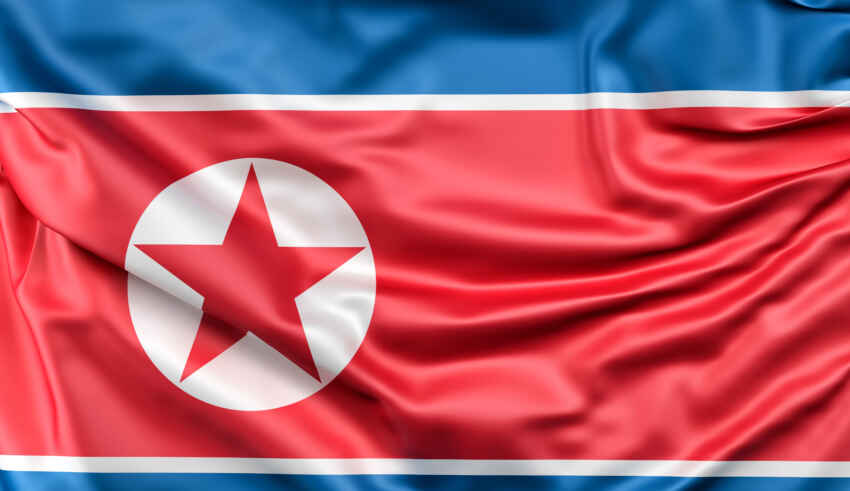
North Korean leader, Kim Jong Un renewed its war threats as he announced an end to the aim of reunification with South Korea. The peaceful reunification of the peninsula has been a part of the policy agenda of both his father and grandfather and a policy aim which provided a glimpse at peace between the North and the South. Contrary to his predecessors, Kim Jong Un seeks to dismantle such efforts and in the process coins South Korea as the primary enemy of the state.
This move is significant as it marks a rupture in ideological consistency, something which the leadership of the North Korean state has long depended on for survival. However, this change in policy is justified by the state as a necessity under a possible threat of war, and the usage of defence and necessity has long been a tactic to justify a certain agenda. It is thus unlikely that internally this will have a big impact.
In terms of external impact, this decision is sure to put the already shaky relationship with South Korea on thin ice amid a recent rise in tensions. The rise in tensions have led to the United States and Japan increasing their military cooperation with South Korea and North Korea announcing that the country is getting ready for war. This is not the first time that North Korean leadership has made extensive war threats including threatening to deploy nuclear weapons. While these threats are often taken as a bluff and can be seen as a internal policy move to demonstrate the perceived strength of North Korea and maintain this image towards the population, such threats nonetheless generate concern by implicated states, including South Korea which has responded by declaring that if such threats materialise the North will be “punished”. Moreover the recent talks between the Kremlin and North Korea have further sparked concern as in the event that an escalation does occur, it is likely that North Korea will rely on military and strategic support from Russia, as the two have rekindled their military relationship since Russia’s invasion of Ukraine in February 2022.
It is unclear the extent to which threats to the peninsula will materialise but it is clear that the question of Korea continues to stir concern at an international level, particularly from the United States and Russia, showcasing the remainders of the Cold War world order. The tension however put a further strain on the relationships between the South and the North and the idea of reunification, which although was an ideal, acted as a certain peace-keeping safety net will certainly contribute to heightened tensions.
By The European Institute for International Law and International Relations
References















